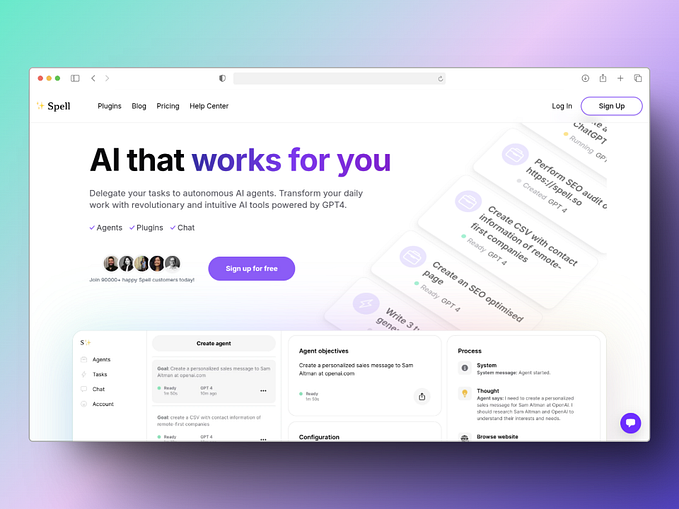What to investigate with Google Discover API — Some ideas to start with
Google Discover API is now live for about a week. Some ideas what to investigate now with all this great SEO data.
How to access the API
Official Documentation:
Python Example :
Javascript Example:
What to investigate
Some first things I investigated. Happy to learn about your ideas…
Section performance
Compare which sections work best for you. An interesting additional metric might be the days the articles where ranking on average in Discover:

Author performance
Learn about the authors in your Newsroom. Who is doing best to optimize CTR?

Article Features
How does having a sildeshow and a liveticker in an article affect Discover performance compared to any other combination

Compare having or nor not having a feature too:

Recent articles vs. section average, feature average, author average
Compare the recent article vs. the performance in the past to detect outlier articles (in terms of e.g. really good CTR) for every category. What can you expect from an article in your “economy” section?

With Named Entity Detection
If you extract with some named entity detection tool the entities, which describe the article you could do something like this.
Best topic/entity for ranking days in Google Discover
or impression, or clicks, or CTR, ….
In this first test all entities of an article are used as a group

Your could do this too for just persons, locations, … e.g. like this: Worst performing for CTR person entities

Entity + section performance vs. section in the past
Here I grouped recent entities + sections and compared versus the sections performance in the past. If entities were appearing in multiple sections there are multiple lines.

Single (person) entities vs. their past performance
Here the before grouped (person, location, organisation, …) entities are splited into single rows. This makes it much more likely that this entity was there in the past. If you want to compare entity now vs. entity in the past this works much better.

to be continued:
Happy to learn about your idea. Please comment.










